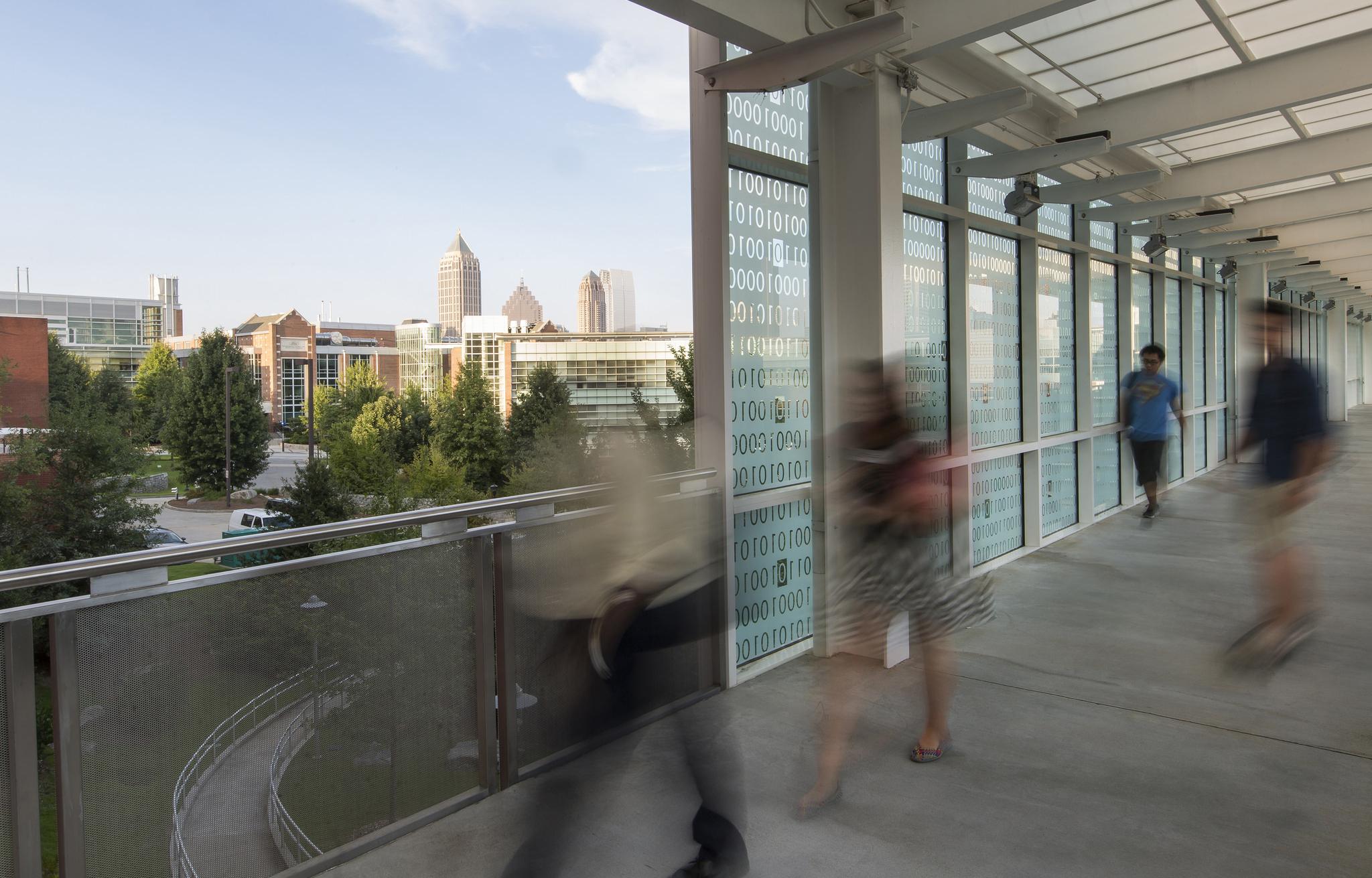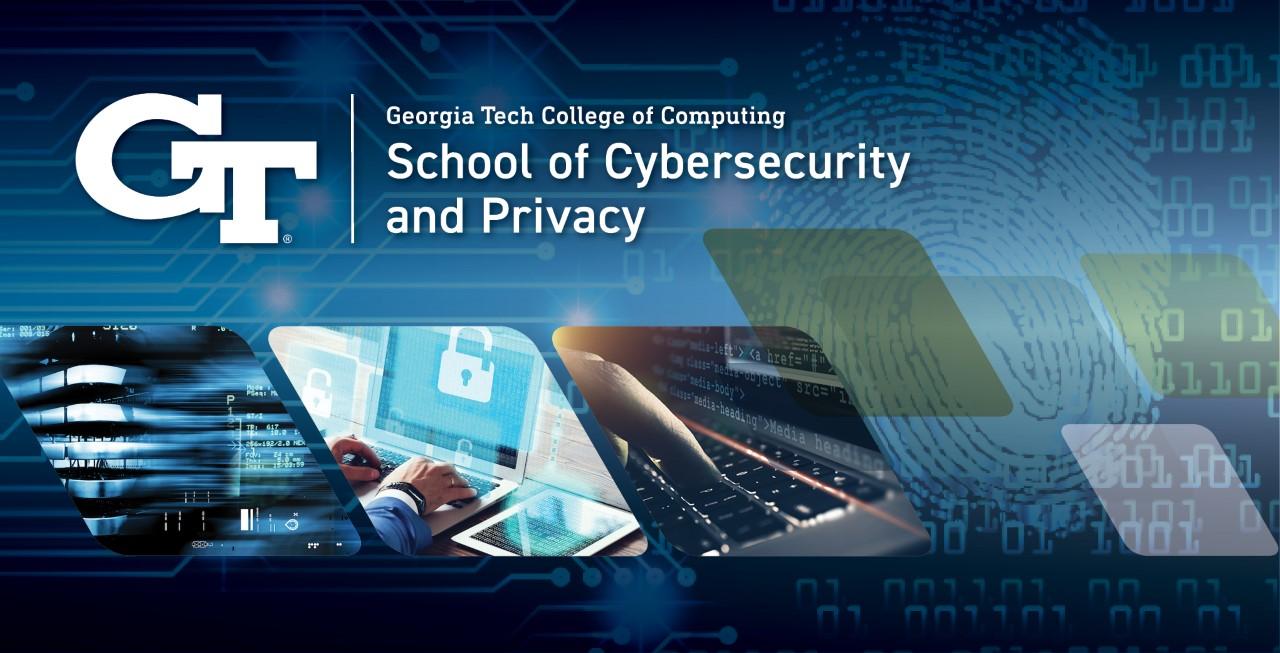
Jeremy Epstein Joins Georgia Tech-PNNL Cybersecurity Institute
A cybersecurity researcher with more than 25 years of industry and government experience – including at the National Science Foundation (NSF) and Defense Advanced Research Projects Agency (DARPA) – has joined the Institute for Cybersecurity and Resilient Infrastructure Studies (ICARIS), a collaboration between Georgia Tech and the Pacific Northwest National Laboratory (PNNL).
To be based at the Georgia Tech Research Institute (GTRI), Jeremy Epstein will serve as co-director of ICARIS, collaborating with PNNL co-director Danny Herrera to identify and develop ways to confront threats against the nation’s critical infrastructure. He will also serve as an adjunct professor in Georgia Tech’s School of Cybersecurity and Privacy, which is partnering with GTRI.
ICARIS was formed to serve as the leading national resource for delivering the technologies, testbeds, and talent necessary to serve the nation’s critical infrastructure.
“Anyone using a mobile phone or laptop computer, watching television, driving a modern vehicle, traveling on a highway controlled by traffic signals – or using electricity for most any purpose – is subject to cybersecurity and privacy issues,” said Epstein. “Everything is now computer-controlled, and the security opportunities are there for deliberate adversaries at the nation-state level or malicious actors. We have to look at the big picture and not simply solve challenges one at a time.”
To be based at the Georgia Tech Research Institute (GTRI), Jeremy Epstein will serve as co-director of ICARIS, collaborating with PNNL co-director Danny Herrera to identify and develop ways to confront threats against the nation’s critical infrastructure. He will also serve as an adjunct professor in Georgia Tech’s School of Cybersecurity and Privacy, which is partnering with GTRI.
ICARIS was formed to serve as the leading national resource for delivering the technologies, testbeds, and talent necessary to serve the nation’s critical infrastructure.
“Anyone using a mobile phone or laptop computer, watching television, driving a modern vehicle, traveling on a highway controlled by traffic signals – or using electricity for most any purpose – is subject to cybersecurity and privacy issues,” said Epstein. “Everything is now computer-controlled, and the security opportunities are there for deliberate adversaries at the nation-state level or malicious actors. We have to look at the big picture and not simply solve challenges one at a time.”


